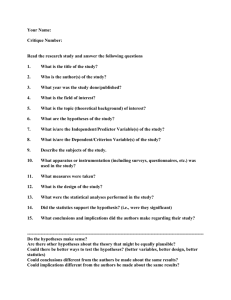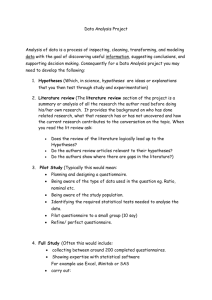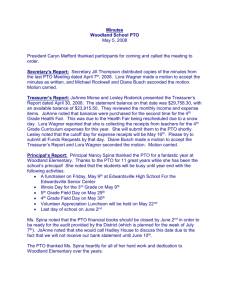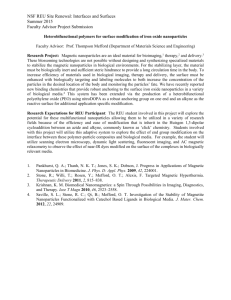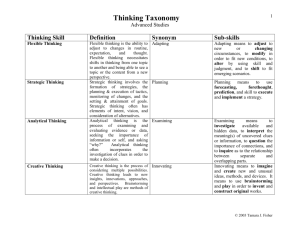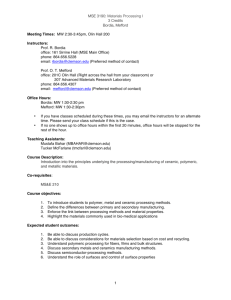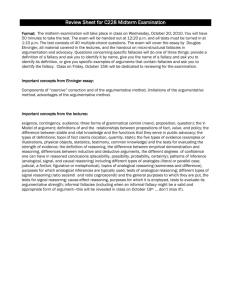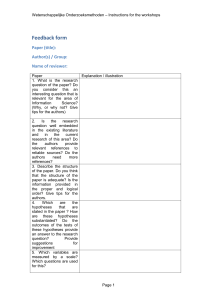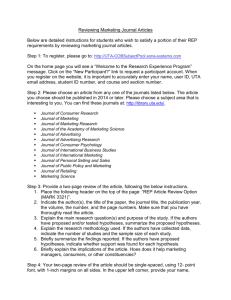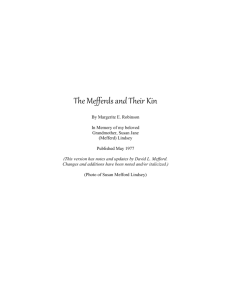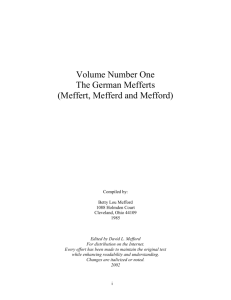Regan Daniels paper
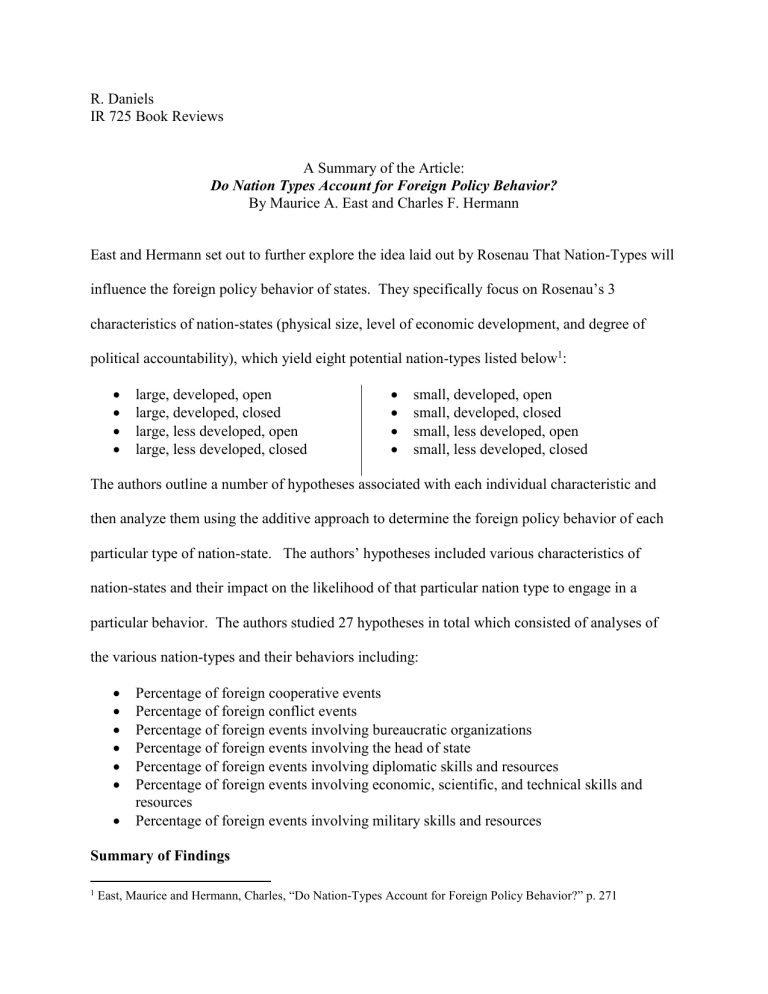
R. Daniels
IR 725 Book Reviews
A Summary of the Article:
Do Nation Types Account for Foreign Policy Behavior?
By Maurice A. East and Charles F. Hermann
East and Hermann set out to further explore the idea laid out by Rosenau That Nation-Types will influence the foreign policy behavior of states. They specifically focus on Rosenau’s 3 characteristics of nation-states (physical size, level of economic development, and degree of political accountability), which yield eight potential nation-types listed below 1 :
large, developed, open
large, developed, closed
large, less developed, open
large, less developed, closed
small, developed, open
small, developed, closed
small, less developed, open
small, less developed, closed
The authors outline a number of hypotheses associated with each individual characteristic and then analyze them using the additive approach to determine the foreign policy behavior of each particular type of nation-state. The authors’ hypotheses included various characteristics of nation-states and their impact on the likelihood of that particular nation type to engage in a particular behavior. The authors studied 27 hypotheses in total which consisted of analyses of the various nation-types and their behaviors including:
Percentage of foreign cooperative events
Percentage of foreign conflict events
Percentage of foreign events involving bureaucratic organizations
Percentage of foreign events involving the head of state
Percentage of foreign events involving diplomatic skills and resources
Percentage of foreign events involving economic, scientific, and technical skills and resources
Percentage of foreign events involving military skills and resources
Summary of Findings
1 East, Maurice and Hermann, Charles, “Do Nation-Types Account for Foreign Policy Behavior?” p. 271
While East and Hermann were not able to prove all of their hypotheses regarding the various characteristics of nations and how analyzing them may aid in the prediction of foreign policy behavior, their study did imply four major conclusions which include:
“The physical size of a nation appears to be the most important of the three national attributes in accounting for foreign policy behavior.” 2
“Political accountability also seems to be of considerable importance in explaining foreign policy, although its effects on behavior may be more complex than that of size” 3
“The conception of eight distinct nation-types based upon the interaction of the three dichotomized attributes appears unjustified as a means of explaining foreign policy behavior… certainly, however, much more attention should be directed to the separate effects of the three attributes taking full advantage of the possibilities of using continuous measures for each one.” 4
Evaluation – 2 on a scale of 1-5 with 1 being highest
As the authors point out: “if substantiated empirically [Rosenau’s theory] will have provided an important theoretical key for determining an ordering and patterning to foreign policy behavior.”
5
Although the authors were unable to either prove the majority of their hypotheses or to determine any linkage between Rosenau’s nation-types and foreign policy behavior, this work is still an important undertaking to the field of international relations. People in the field of
International Relations must continue to seek patterns and predictors for the field to remain vital.
2 East and Hermann p. 299
3 East and Hermann p. 299
4 East and Hermann p. 300
5 East and Hermann p. 272
A Summary of
Analogical Reasoning and the Definition of the Situation: Back to Snyder for Concepts and
Forward to Artificial Intelligence for Method
By Dwain Mefford
This work aims to build upon the 1954 work of Richard Snyder; “State as Actor in a Situation”.
The purpose is to analyze state behavior, focusing on “how key actors manage to ‘construct realities’” or identify the most critical aspects of a given scenario and utilize those for decisionmaking.
6
Mefford argues that the primary frame of reference utilized by states in a crisis is historical analogies – a situation is “understood against the backdrop of selected past incidents.” 7
Mefford terms this process “analogical reasoning”, which he argues is the “not simply one of the many cognitive processes at work in the activity of defining a situation, it is in fact the most fundamental and pervasive”.
8
Summary of Findings
While Snyder used “pencil and paper” to trace his hypothesis, Mefford argues for the superiority of computers or what he refers to as “artificial intelligence”. The author presents a case study that he admits cannot prove this hypothesis but does provide evidence that analogical reasoning is the most fundamental tool in defining a foreign policy situation.
9 The case study explored by
Mefford is Soviet involvement in Czechoslovakia during the period beginning December 1967 and ending March 1968.
10
Evaluation – 3 on a scale of 1-5 with 1 being highest
6 Mefford, Dwain, “Analogical Reasoning and the Definition of the Situation: Back to Snyder for Concepts and
Forward to Artificial Intelligence for Method”, New Directions in the Study of Foreign Policy , 1987, p. 222
7 Mefford, p. 222
8 Mefford p. 222
9 Mefford p. 222
10 Mefford p. 223
The question of the validity and importance of this work is an interesting one because, while the work does nothing to prove the hypothesis that analogical reasoning is the primary tool used by nation-states in foreign-policy decision making (given its exploration of only a single example), it does seem to further the use of computer analysis in the field of international relations.
Mefford introduces new ways of coding and expressing international events and sequences so that they can be easily interpreted by a computer, and for this reason his work is of value to the field and to future studies.
